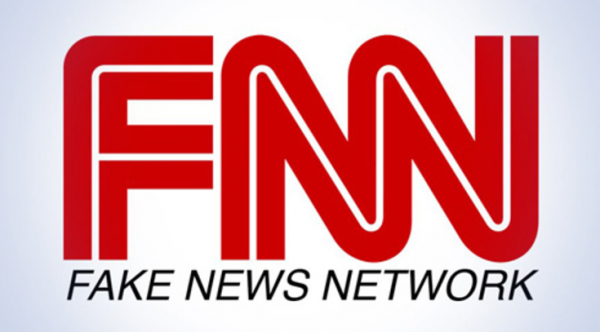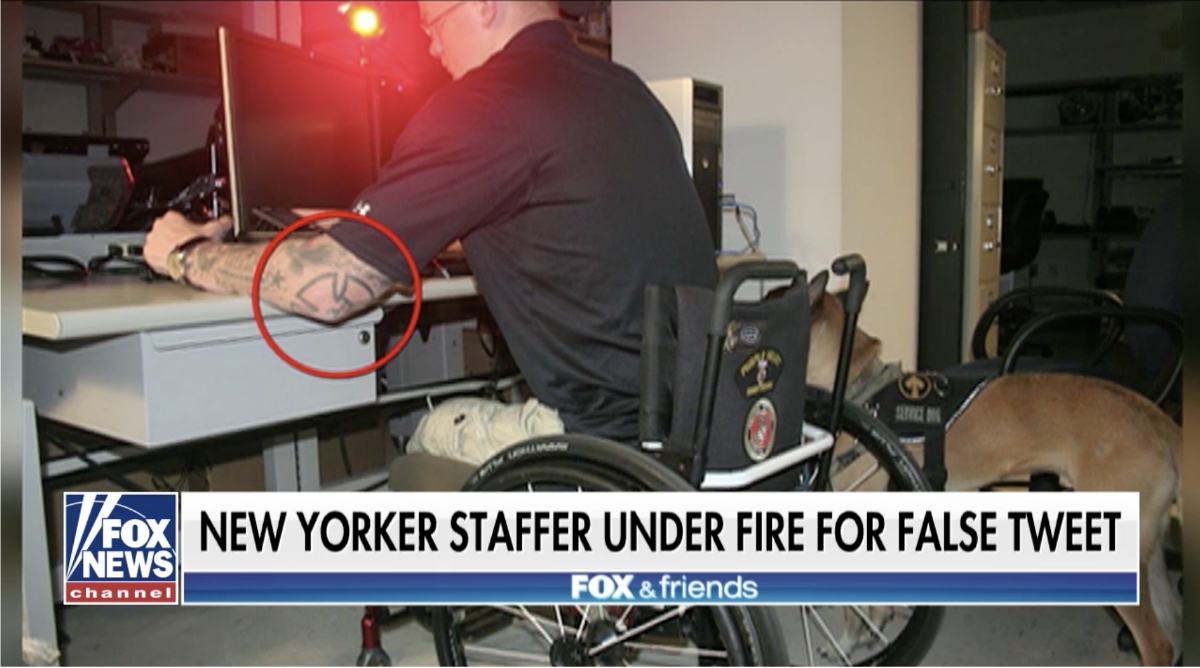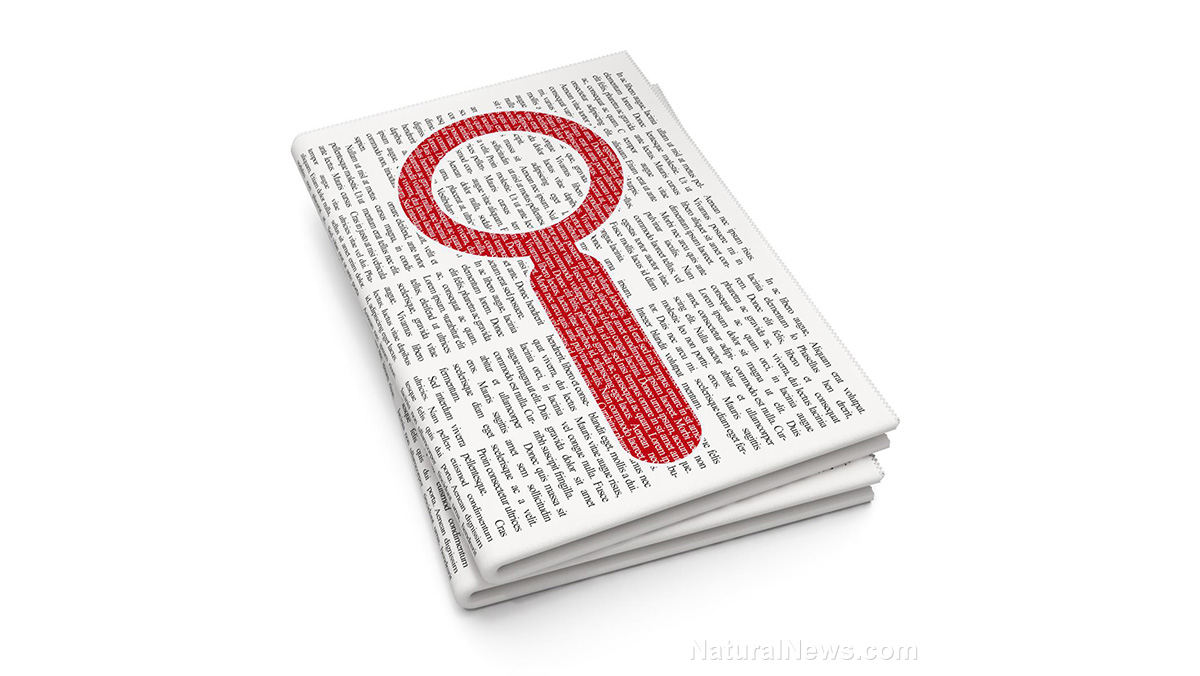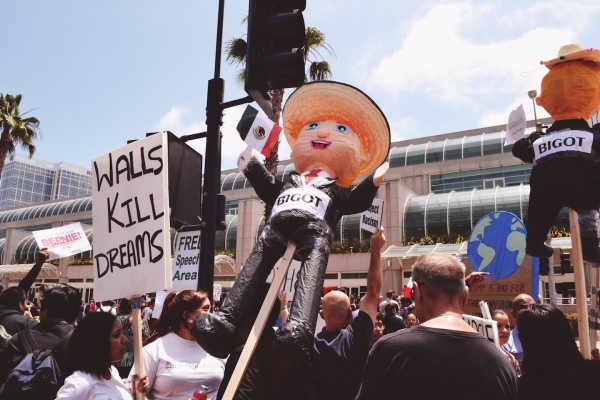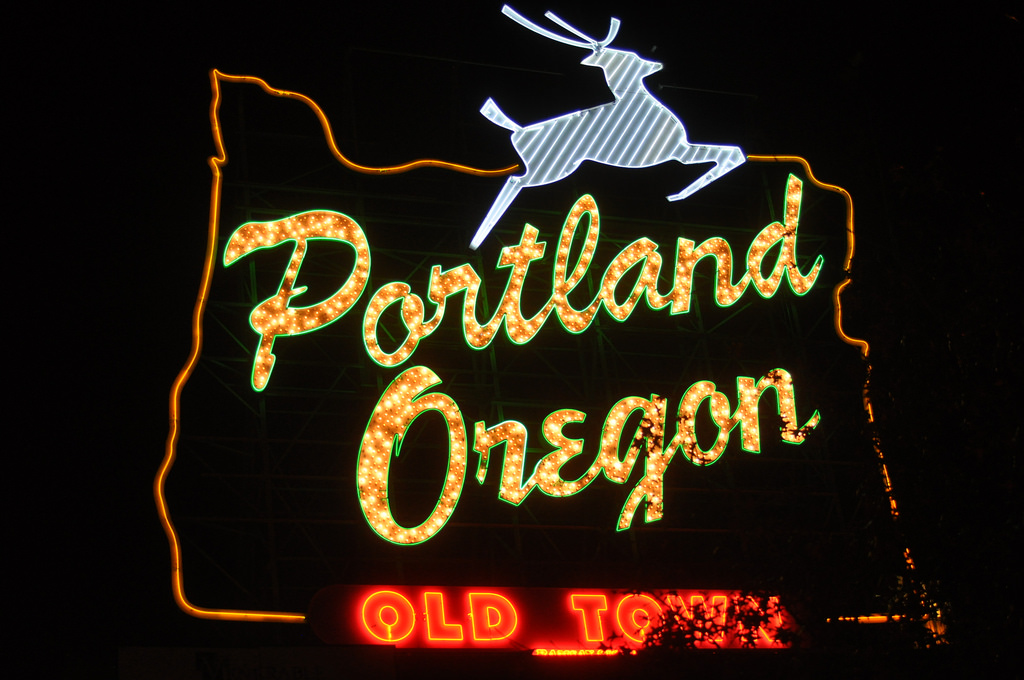Bees are facing life-threatening challenges such as habitat loss and the use of bee-killing pesticides and herbicides. Many bee species are declining at such a worrying rate that if we don’t act fast, we could lose one of the world’s most important pollinators.
Honey Nut Cheerios manufacturer General Mills came up with an interesting idea to help address the growing problem of declining bee populations in North America. Earlier this month Cheerios handed out 1.5 billion free wildflower seeds to anyone who signed up for the #BringBacktheBees campaign. Now it appears that their attempt to save the bees may be doing more harm than good.
“Save the Bees” campaign spreading dangerous plant species
While General Mills was distributing the seeds to help attract threatened pollinators to your garden, experts are now warning that people who received a seed package should not plant the seeds for fear of spreading non-native and invasive plants into the environment.
In a statement posted on their Facebook page, Cheerios said the wildflower seeds were all specifically chosen to attract pollinators and are not considered invasive. But according to Kathryn Turner, an ecologist who specializes in invasive plants, that’s not entirely true. Speaking to Lifehacker, she explained that some seeds can cause severe damage when they are planted in locations outside of their native range. They can start taking up all the space of native plants, spread diseases, or cause other physical changes to the surrounding environment.
According to Lifehacker, many of the seeds Cheerios handed out weren’t native to the United States, meaning they may be dangerous to the environment and not necessarily be a good match for the local honeybees. The packages included forget-me-nots, banned as a noxious weed in Connecticut and Massachusetts, and California poppy seeds, listed as an invasive exotic pest in the southeast.
Kathryn Turner, however, noted that she doesn’t want to blow this out of proportion because, alongside this misplaced seed giveaway, Cheerios is doing some good things for the bees. While the seeds weren’t the smartest move, Generals Mills has recently announced that Honey Nut Cheerios plans to plant 3,000 acres of bee-friendly habitats on oat farms by 2020.
How you can help save the bees in a better way
While Cheerios’ intentions were good, Lifehacker noted that you can’t expect one seed mix to be right for everybody’s backyard. Luckily there are a few other things you can do to attract endangered bees to your garden and help them survive while protecting the existence of your favorite foods.
Many seed brands offer region-specific wildflower seed packages which are an excellent mix of native bee-attracting seeds suitable for planting in your region. Also, if you buy your seeds at a local store, an expert can help you pick the right seeds.
If you are unsure whether the seeds you purchased are suitable for your garden, Lifehacker recommends checking out the USDA’s PLANTS database. The website provides more information about the legal status of the plant in question, and if it is native to your state.
Next to planting wildflowers to attract pollinators to your garden, there are a few other things you could do to create a bee-friendly habitat. Avoid using pesticides and herbicides in your garden and opt for organic pest control measures instead. Furthermore, bees should have a little open soil area since they lay their eggs in small tunnels in the ground. (RELATED: Read more about the damaging effects of pesticides at Pesticides.news.)
Sources:
USAToday.com
LifeHacker.com
Facebook.com
GeneralMills.com
Plants.USDA.gov





